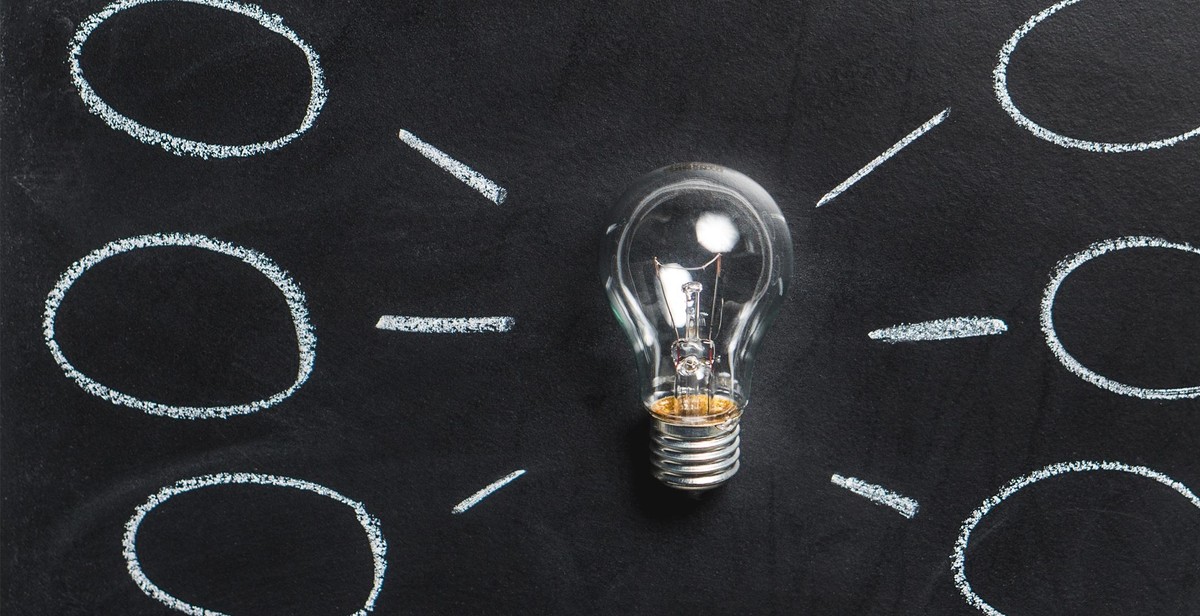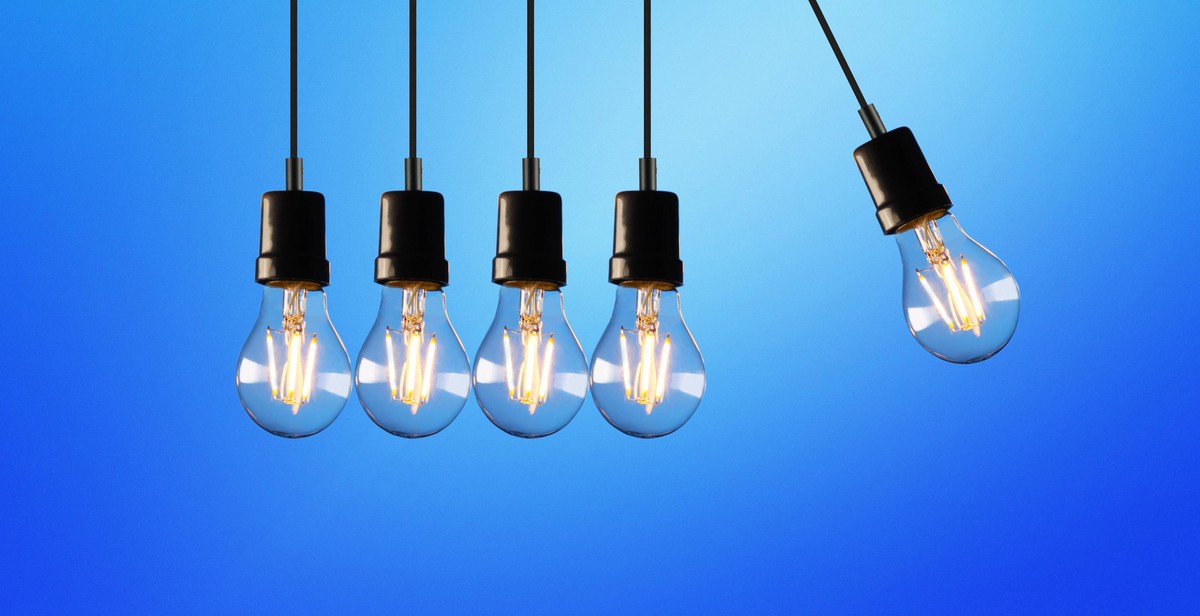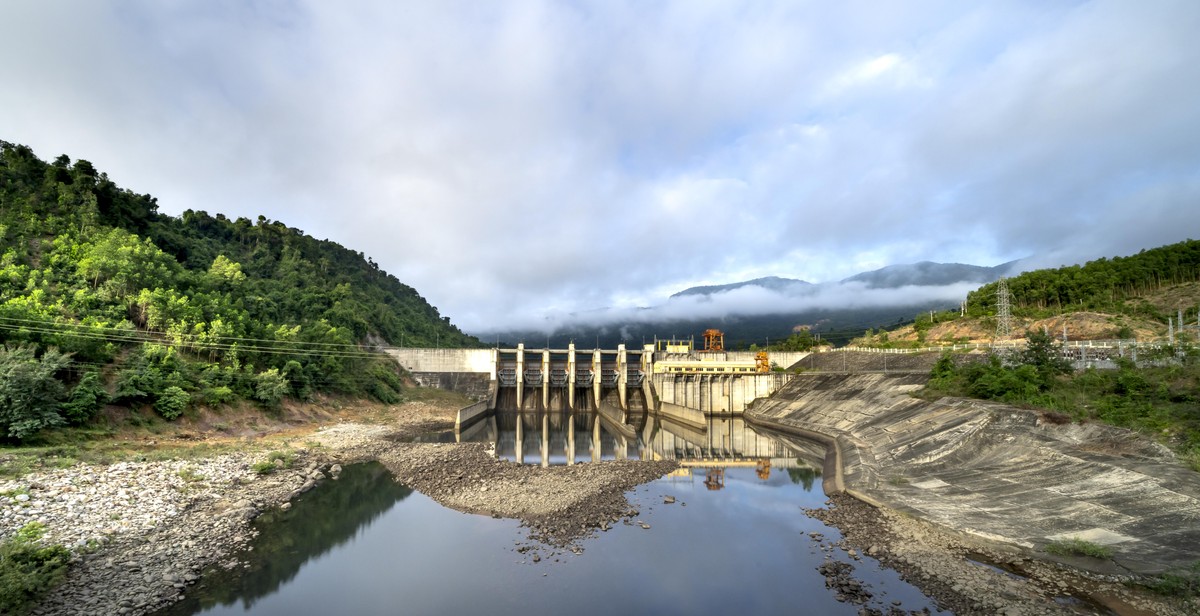Introduction: How to Save Money on Utilities
As a homeowner, one of the biggest expenses you have is utilities. Whether you’re paying for electricity, gas, water, or all of the above, these bills can quickly add up and take a significant chunk out of your budget. That’s why it’s important to learn how to save money on utilities.
Why Saving Money on Utilities is Important
There are several reasons why saving money on utilities is important. First and foremost, it can help you reduce your monthly expenses and save money for other things that matter to you. Whether you want to pay off debt, save for a vacation, or invest in your future, every dollar you save on utilities can help you achieve your financial goals.
Secondly, saving money on utilities is good for the environment. By reducing your energy consumption, you can help reduce your carbon footprint and contribute to a more sustainable future. Plus, many energy-saving tips are also water-saving tips, so you can conserve this precious resource as well.
Finally, saving money on utilities can also improve the comfort and livability of your home. By making energy-efficient upgrades and using smart energy-saving habits, you can create a more comfortable and healthy living environment for you and your family.
In this article, we’ll explore some of the best energy-saving tips for homeowners, so you can start saving money on utilities today.

Heating and Cooling
Heating and cooling are major contributors to high utility bills. However, there are several ways to reduce costs and save money on energy bills.
Adjust Your Thermostat
One of the easiest ways to save money on energy bills is to adjust your thermostat. During the winter, set your thermostat to 68 degrees Fahrenheit during the day and lower it to 60 degrees Fahrenheit at night. During the summer, set your thermostat to 78 degrees Fahrenheit during the day and raise it to 82 degrees Fahrenheit at night. By adjusting your thermostat, you can save up to 10% on your energy bills.
Seal Your Windows and Doors
Another way to save money on energy bills is to seal your windows and doors. Check for any gaps or cracks and use weather stripping or caulking to seal them. This will prevent cold air from entering your home during the winter and hot air from entering during the summer. By sealing your windows and doors, you can save up to 20% on your energy bills.
Upgrade Your Insulation
Upgrading your insulation is another way to save money on energy bills. Insulation helps regulate the temperature in your home and prevents heat loss. If you have an older home, consider adding insulation to your attic, walls, and floors. By upgrading your insulation, you can save up to 15% on your energy bills.
Clean or Replace Your Air Filters
Cleaning or replacing your air filters is important for maintaining your HVAC system and improving its efficiency. Dirty air filters can restrict airflow and cause your system to work harder, which can lead to higher energy bills. Clean or replace your air filters every three months to improve your HVAC system’s efficiency and save up to 15% on your energy bills.
Use Ceiling Fans
Using ceiling fans is an effective way to reduce your energy bills. During the summer, set your ceiling fans to rotate counterclockwise to create a cool breeze. During the winter, set your ceiling fans to rotate clockwise to circulate warm air. By using ceiling fans, you can reduce your energy bills by up to 10%.

Lighting
Lighting is a crucial aspect of any home, but it can also be a significant source of energy consumption. Luckily, there are simple ways to reduce your lighting energy usage and save money on your utilities.
Switch to LED Bulbs
LED bulbs are a highly energy-efficient alternative to traditional incandescent bulbs. They use up to 80% less energy and last up to 25 times longer than incandescent bulbs. While LED bulbs may have a higher upfront cost, they can save you money in the long run by reducing your energy bills and minimizing the need for frequent bulb replacements. Additionally, LED bulbs produce less heat than incandescent bulbs, which can help reduce your cooling costs in the summer.
Install Motion Sensors or Timers
Installing motion sensors or timers can help reduce your lighting energy usage by automatically turning off lights when they are not in use. Motion sensors detect movement in a room and turn on the lights, and they will turn off the lights when the room is empty. Timers can be set to turn off lights after a specific amount of time, which can be useful for outdoor lights or rooms that are frequently left unoccupied. By using motion sensors or timers, you can eliminate the need to manually turn off lights and ensure that lights are not left on unnecessarily.
Turn Off Lights When Not in Use
One of the easiest ways to save money on your lighting energy usage is to turn off lights when you are not using them. Encourage your family members to turn off lights when they leave a room, and make sure to turn off all lights before leaving your home. Additionally, consider using natural light whenever possible by opening curtains or blinds during the day.
| Energy-Saving Tips for Lighting |
|---|
| Switch to LED bulbs to reduce energy usage and minimize the need for frequent bulb replacements. |
| Install motion sensors or timers to automatically turn off lights when they are not in use. |
| Turn off lights when not in use and use natural light whenever possible. |
Appliances
Appliances can account for a significant portion of your home’s energy use. By choosing energy-efficient models and using them efficiently, you can reduce your energy bills and save money in the long run. Here are some tips:
Choose Energy Star Certified Appliances
When shopping for new appliances, look for the Energy Star label. Energy Star certified appliances are designed to use less energy and water, which can save you money on your utility bills. They also have features like improved insulation and more efficient motors that help reduce energy waste.
Unplug Electronics When Not in Use
Electronics like TVs, computers, and game consoles continue to use energy even when they’re turned off. To prevent this, unplug them when you’re not using them or use a power strip that can be switched off when not in use.
Use Your Dishwasher and Washing Machine Efficiently
When using your dishwasher, make sure it’s full before running it. You can also use the energy-saving mode, which uses less water and energy. When using your washing machine, wash full loads and use cold water whenever possible. This can save you up to 90% of the energy used for washing clothes in hot water.
Air Dry Your Clothes
Instead of using your dryer, consider air-drying your clothes. This can save you money and energy. If you must use your dryer, make sure to clean the lint filter after every use to improve its efficiency.
| Appliance | Annual Energy Cost | Energy Star Certified? |
|---|---|---|
| Refrigerator | $60 | Yes |
| Dishwasher | $35 | Yes |
| Washing Machine | $45 | Yes |
| Dryer | $85 | No |
By following these tips and choosing energy-efficient appliances, you can save money on your utility bills and reduce your environmental impact.

Water
Water is an essential utility in any home, but it can also be a source of wasted money if not used efficiently. Here are some energy-saving tips to help you save money on your water bill:
Fix Leaks
Leaky faucets, toilets, and pipes can waste a significant amount of water over time. A single leaky faucet can waste hundreds of gallons of water per year. Make sure to check for and fix any leaks as soon as possible to prevent water waste and save money on your water bill.
Use Low-Flow Showerheads and Faucets
Low-flow showerheads and faucets can help reduce the amount of water used in your home without sacrificing water pressure. These fixtures are designed to use less water while still providing a satisfying shower or sink experience. Installing low-flow fixtures can save you money on your water bill and reduce your overall water usage.
Take Shorter Showers
Reducing the length of your showers can help save water and money. Try to limit your shower time to five minutes or less. You can also turn off the water while you soap up or shave to save even more water.
Only Run Full Loads in Your Dishwasher and Washing Machine
Running partial loads in your dishwasher and washing machine wastes water and energy. Only run these appliances when you have a full load to maximize their efficiency and save money on your water and energy bills.
| Energy-Saving Tip | Estimated Water Savings |
|---|---|
| Fixing Leaks | Up to 200 gallons per day |
| Using Low-Flow Fixtures | Up to 60% of normal water usage |
| Reducing Shower Time to 5 Minutes | Up to 1,825 gallons per year |
| Only Running Full Loads in Appliances | Up to 1,000 gallons per month |

Conclusion
By following the energy-saving tips outlined in this article, homeowners can significantly reduce their utility bills while also helping the environment. It’s important to remember that small changes can add up to big savings over time.
One of the easiest and most effective ways to save on utilities is to upgrade to energy-efficient appliances and light bulbs. While the initial cost may be higher, the long-term savings make it a worthwhile investment. Additionally, homeowners can save money by adjusting their thermostat and using a programmable thermostat to control their heating and cooling systems.
Another important factor to consider is insulation. Properly insulating a home can significantly reduce energy consumption and lower utility bills. Homeowners should also consider sealing any air leaks around windows and doors to prevent drafts and keep their home more comfortable year-round.
Finally, it’s important to be mindful of daily habits that can contribute to higher utility bills. Turning off lights and electronics when not in use, taking shorter showers, and washing clothes in cold water are all simple changes that can make a big difference.
Overall, by implementing these energy-saving tips, homeowners can save money and reduce their environmental impact. It’s a win-win situation that benefits both the wallet and the planet.
